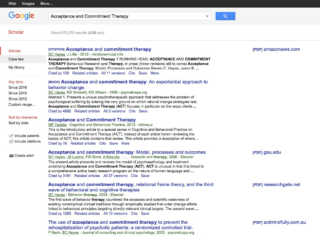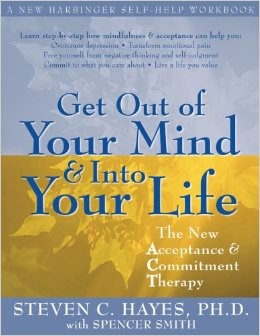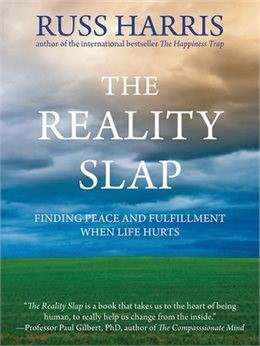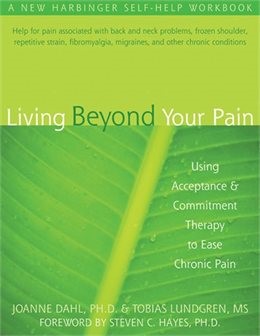When working with clients who are educated and work within healthcare related fields, we often hear from them comments such as, ‘I am embarrassed because I am supposed to be the one taking care of others’ health, yet I cannot even take care of myself’ or ‘I am not used to being on this side of the equation – being the one needing help – it just doesn’t feel right because I was always a strong person who was able to cope with anything’ or even ‘it took me a very long time to seek help because I thought I could handle it all on my own’.
It should never be assumed, by health and safety professionals themselves or others, that this group of individuals is somehow hardwired with all the answers and with resistance to suffering and mental illness. Suffering is a part of human experience, and mental illness can easily result from weakened or poor methods of coping with that suffering (i.e. trying to avoid it altogether), no matter who the host body is.
 Health and safety professionals are exposed to illness, injury, and death, day in and day out. Although there may be an element of decreased sensitivity to these types of events, in that, as exposure increases, one may be less triggered or affected by it than they were on their first day on the job, there is by no means an immunity to the types of emotional distress that these events typically bring forth.
Health and safety professionals are exposed to illness, injury, and death, day in and day out. Although there may be an element of decreased sensitivity to these types of events, in that, as exposure increases, one may be less triggered or affected by it than they were on their first day on the job, there is by no means an immunity to the types of emotional distress that these events typically bring forth.
Health and safety professionals, as expressed in the common comments above, may feel ashamed, embarrassed or weak for experiencing mental health difficulties, and may in fact be reluctant to or may avoid seeking help for mental health issues arising as a result of their work. That being said, it seems that a more appropriate approach to mental well-being amongst individuals in this line of work is prevention or early intervention through, perhaps mandatory, education and training. It is one thing to learn how to treat, counsel, or assist others towards health and well-being, however, it is something completely different learning how to take care of yourself. How often do you have to remind yourself that you should take your own advice? How often do you assist a friend, family member, client, or patient through a difficult situation, yet feel completely lost when you find yourself in that exact same situation? Health and safety professionals are, no doubt, at higher risk of being exposed to traumatic situations or events, and should therefore be properly trained, not only on how to respond on the front-line, but also how to respond to the resulting internal distress, which is often experienced behind closed doors.
Knowing what tools and strategies to use in difficult situations, and knowing how to respond appropriately to sadness, anger, grief, trauma or whatever else may arise, as it arises, may allow health and safety professionals to be more resilient within their careers — but it does not stop there. Regularly setting aside time for reflection, communication, and support within the workplace to let all employees know that they are not alone and to provide a refresher on the various coping mechanisms is another key component to mental well-being.

![]()



 Steven Hayes is widely considered to be one of the founding fathers of Acceptance and Commitment Therapy (ACT), and has authored over 400 academic publications! Get Out of Your Mind & Into Your Life applies concepts of ACT to help readers move from feeling stuck in a struggle against their own minds to assess what is truly meaningful to them and then pursue a life guided by those values.
Steven Hayes is widely considered to be one of the founding fathers of Acceptance and Commitment Therapy (ACT), and has authored over 400 academic publications! Get Out of Your Mind & Into Your Life applies concepts of ACT to help readers move from feeling stuck in a struggle against their own minds to assess what is truly meaningful to them and then pursue a life guided by those values.

